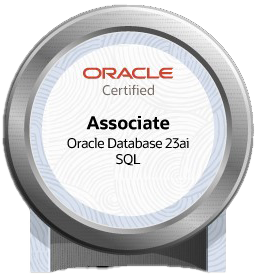
Introduction to Oracle
Oracle Corporation, a global leader in database software and cloud applications, has been pivotal in shaping enterprise technology. Founded in 1977 by Larry Ellison, Bob Miner, and Ed Oates, Oracle is now synonymous with innovative solutions catering to data management needs of businesses worldwide. As organizations increasingly turn to cloud-based solutions, understanding Oracle’s role and offerings becomes essential for businesses seeking transformation and operational efficiency.
Recent Developments
In recent months, Oracle has made headlines due to the introduction of several key initiatives aimed at enhancing its cloud services. In September 2023, Oracle announced significant advancements in its Oracle Cloud Infrastructure (OCI), which is designed to support more robust and secure workloads. This upgrade is targeted towards enterprises looking to migrate to hybrid cloud solutions that seamlessly integrate on-premises and cloud environments.
Additionally, Oracle’s partnership with Microsoft continues to evolve, exemplified in their joint effort to enable customers to operate across OCI and Microsoft Azure. This collaboration allows users to benefit from the strengths of both platforms, providing flexibility and reducing vendor lock-in, which is increasingly critical in today’s digital economy.
Market Impact and Forecast
Oracle continues to report growth in its cloud revenue, with Q2 2023 figures indicating a 38% increase year-over-year. This surge underscores Oracle’s successful transition from traditional licensing to a subscription-based model. Analysts predict that Oracle will continue to lead in the cloud sector, especially as more organizations prioritize data security, reliability, and scalability.
Furthermore, the company’s investment in artificial intelligence (AI) and machine learning (ML) technologies is expected to drive future innovations. By embedding AI capabilities in its cloud applications, Oracle is positioning itself at the forefront of automation in business processes, which could result in more efficient operations for clients.
Conclusion
As Oracle solidifies its status as a leader in cloud applications and database technology, the implications for businesses are significant. With the rapid advancements in OCI and transformative partnerships, Oracle is set to revolutionize how companies manage and analyze their data. For organizations looking to optimize their digital strategies, understanding and leveraging Oracle’s offerings will be key to maintaining competitiveness in an ever-evolving market.



